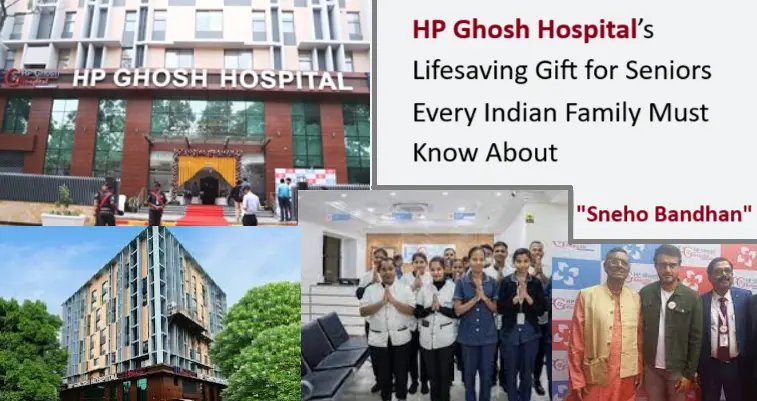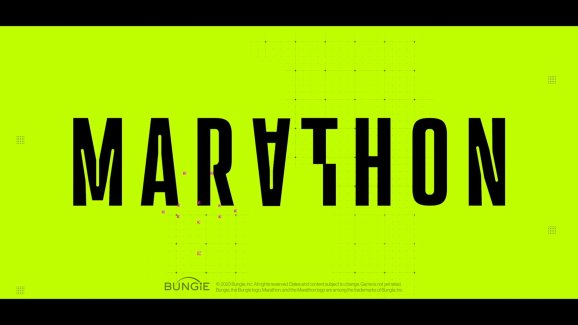

India’s battle against cancer has reached a critical point with a sharp surge in cases and an alarming increase in mortality rates, as highlighted by a new ICMR report. The report, published in The Lancet (1), revealed that three in five people die after a cancer diagnosis in India. As reported by the Indian Council of Medical Research (ICMR) and the Global Cancer Observatory (GLOBOCAN), cancer cases in women have risen more sharply than in men, with death rates projected to increase from 64.7 per cent to 109.6 per cent between 2022 and 2050. Despite these concerning trends, advancements in oncology are offering hope by transforming cancer into a more manageable chronic condition.
Oncology has seen remarkable breakthroughs, from immunotherapies harnessing the immune system to targeted therapies, liquid biopsy, CAR-T cell therapy, and AI-powered diagnostics. Similarly, Next-Generation Sequencing (NGS) has expanded our understanding of cancer-causing mutations, enabling personalised treatments even for the most challenging cases.
NGS provides a detailed genetic profile of tumours, uncovering mutations that can be treated with tailored therapies. This innovation allows for the shift from traditional one-size-fits-all treatments in cancer to personalised, precision medicine, improving outcomes while minimising needless therapy and side effects. Studies show that NGS-driven companion diagnostics can identify actionable mutations present in as little as 5 per cent of a tumour’s DNA (2), unlocking pathways to new targeted therapies
Lung Cancer: a success story of NGS impact
Lung cancer, once among the hardest cancers to treat, has witnessed a remarkable transformation with the advent of NGS. Previously, treatment relied on standard chemotherapy, but today, NGS helps in identifying mutations in non-small cell lung cancer (NSCLC), such as EGFR, ALK, ROS, RET, BRAF, Her2, MET, KRAS and NTRK- enabling targeted therapies that bypass the need for chemotherapy.
In India, EGFR mutations affect around 35 per cent of stage IV lung cancer patients, and targeted therapies have been shown to improve survival from 2 years to around 4-5 years. ALK-mutated advanced lung cancer occurs in approximately 5–8 per cent of patients, and with advances in treatment, median survival may now reach 8-10 years. This shift not only boosts survival rates but also significantly enhances patients’ quality of life.
Opening new avenues
NGS is transforming the treatment for cancers like breast, colorectal, and biliary tract cancers. Through Foundation Medicine Inc. (FMI), oncologists gain access to comprehensive genomic profiling, allowing for personalised treatment plans. FMI testing identified a BRAF V600E mutation in a patient with colon cancer after chemotherapy had failed; this allowed targeted treatment with BRAF inhibitors and anti-EGFR monoclonal antibodies, leading to significant improvement in survival. There are similar instances of FMI testing which have helped identify specific mutations which opened pathways to targeted treatment in gallbladder and endometrial cancer. Without such vital diagnosis, traditional modes of oncology treatment will only yield limited results. These examples underscore the power of NGS in personalising cancer treatments, improving outcomes, and offering new hope to patients.
Bridging knowledge gaps in oncology
In oncology’s fast-paced world, ensuring that clinicians are equipped with the latest breakthroughs is challenging. Molecular tumour boards have helped bridge this gap. For instance, new genetic abnormalities, like NRG1 fusions in lung cancer, can now be treated with. Yet, many clinicians struggle to stay updated due to time and resource constraints.
Molecular tumour boards facilitate collaboration, allowing experts from across the world to share insights and keep local clinicians abreast of the latest findings. This peer exchange of knowledge has proven to be far more effective than self-research, ensuring that cancer care remains current and evidence-based. Platforms like our tumour boards can transform case presentations by integrating genomic data. Moreover, the impact of NGS on cancer care is further enhanced by advancements in digital pathology, especially in regions like India, where access to specialist care can be limited. Moreover, AI-powered algorithms can assist in identifying complex cases. For instance, our digital pathology solutions enable faster, consistent image quality, reducing diagnostic turnaround time for complex cases.
Success in cancer care lies in embracing innovative diagnostics and therapy approaches like NGS, which is paving the way for personalised treatment. As cancer care grows more complex, collaboration among clinicians, pathologists, researchers, diagnostic firms, and pharma companies is essential. The integration of diagnostic and pharma companies into tumour board discussions, where molecular oncologists and pathologists interpret genetic abnormalities, is already proving to be a game-changer in improving patient outcomes.
References:
- https://protect.checkpoint.com/v2/___https://www.thelancet.com/journals/lansea/article/PIIS2772-3682(25)00017-4/fulltext___.YzJ1OndlY29tbXVuaWNhdGlvbnM6YzpvOjk4ODVjY2EzMTAxZDUxNDI3ODdiYmY0OTZjMjYzMTRkOjY6YTZlOTowMWQ2MDZmYTE0NjVmNWVkODMyNTllNzAzZWJlZGM0MDUyMDc3YjMyYjkyOGZmZTFlNmZiNjIzZWMwZWQ2ZGYxOnA6RjpG
- https://protect.checkpoint.com/v2/___https://pmc.ncbi.nlm.nih.gov/articles/PMC6164147/___.YzJ1OndlY29tbXVuaWNhdGlvbnM6YzpvOjk4ODVjY2EzMTAxZDUxNDI3ODdiYmY0OTZjMjYzMTRkOjY6ZjA0Yzo4ZTJhZjI3YjIyNTRlZDI4YzJhOTk4MDJlYTgyODBlZTA5MDVlYTBlNGI1NDM3ODk1NmM5ZTY4Y2FmNmYxNDIzOnA6RjpG




